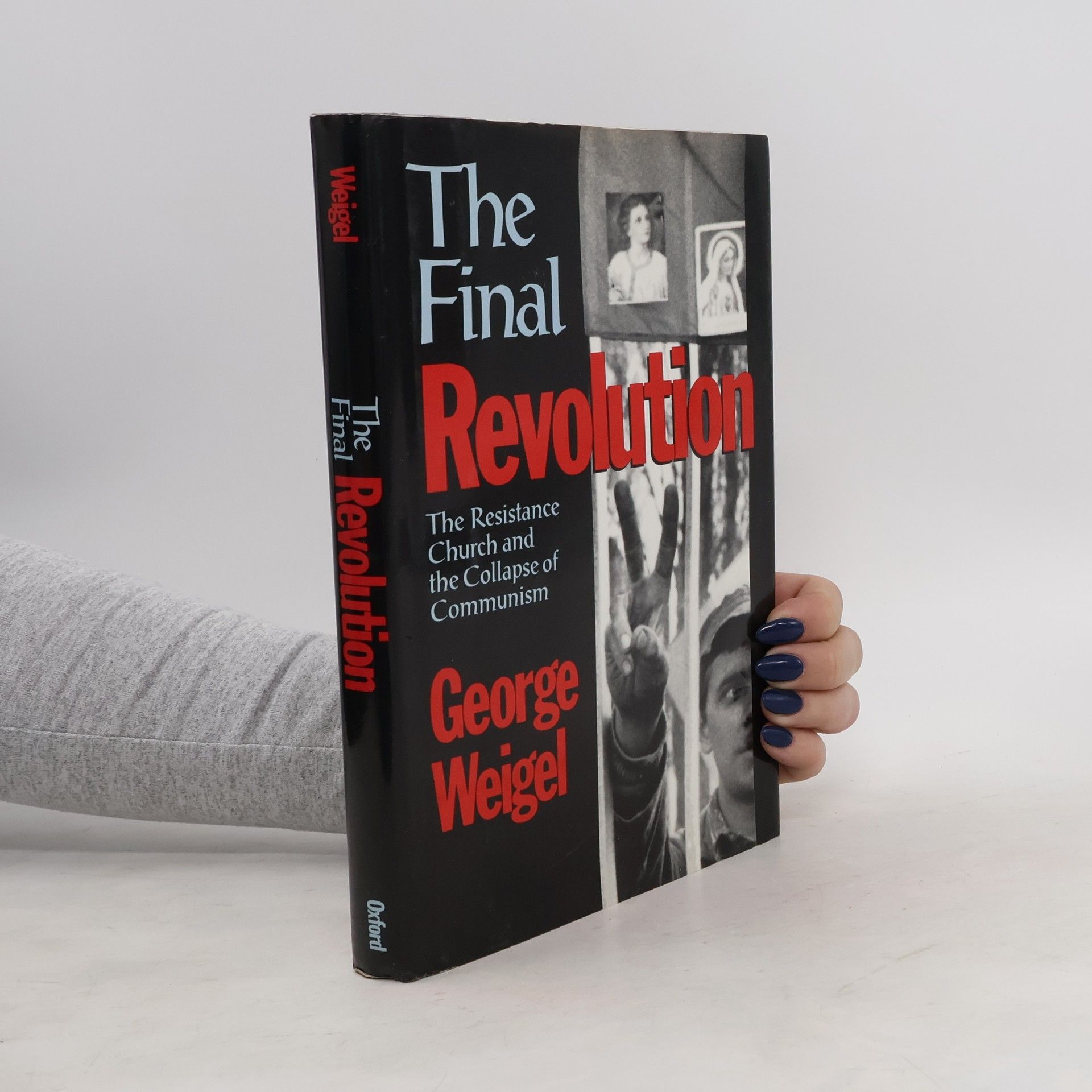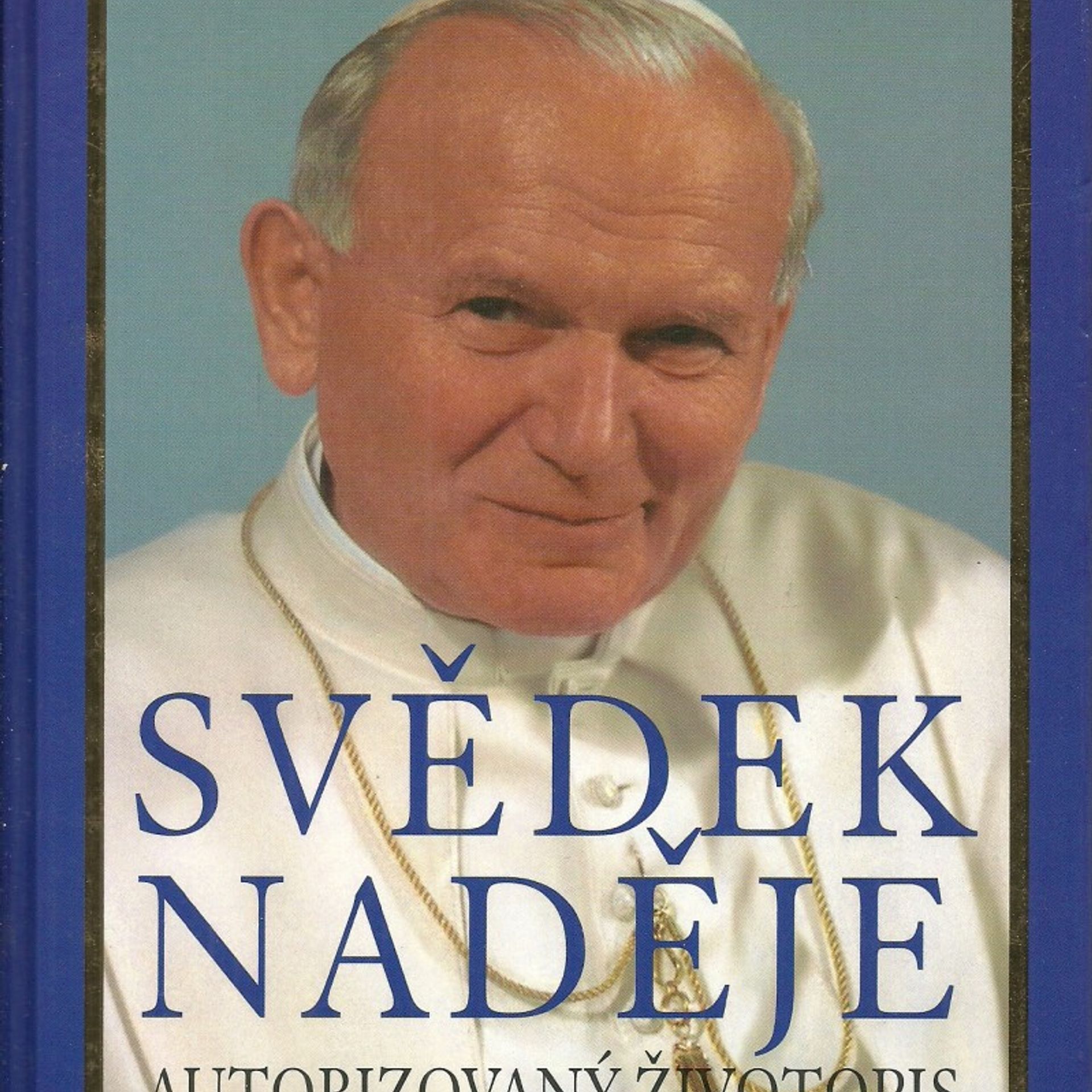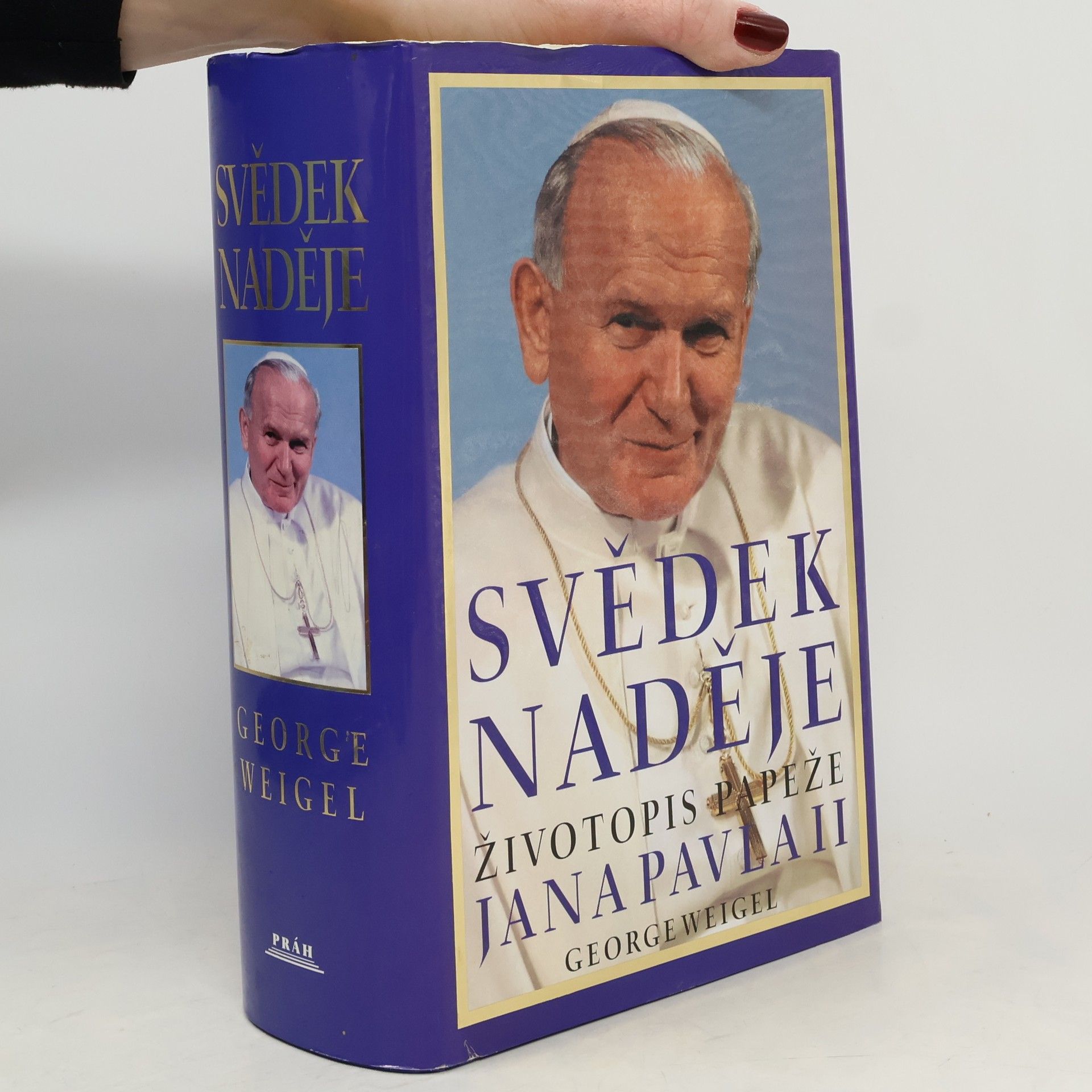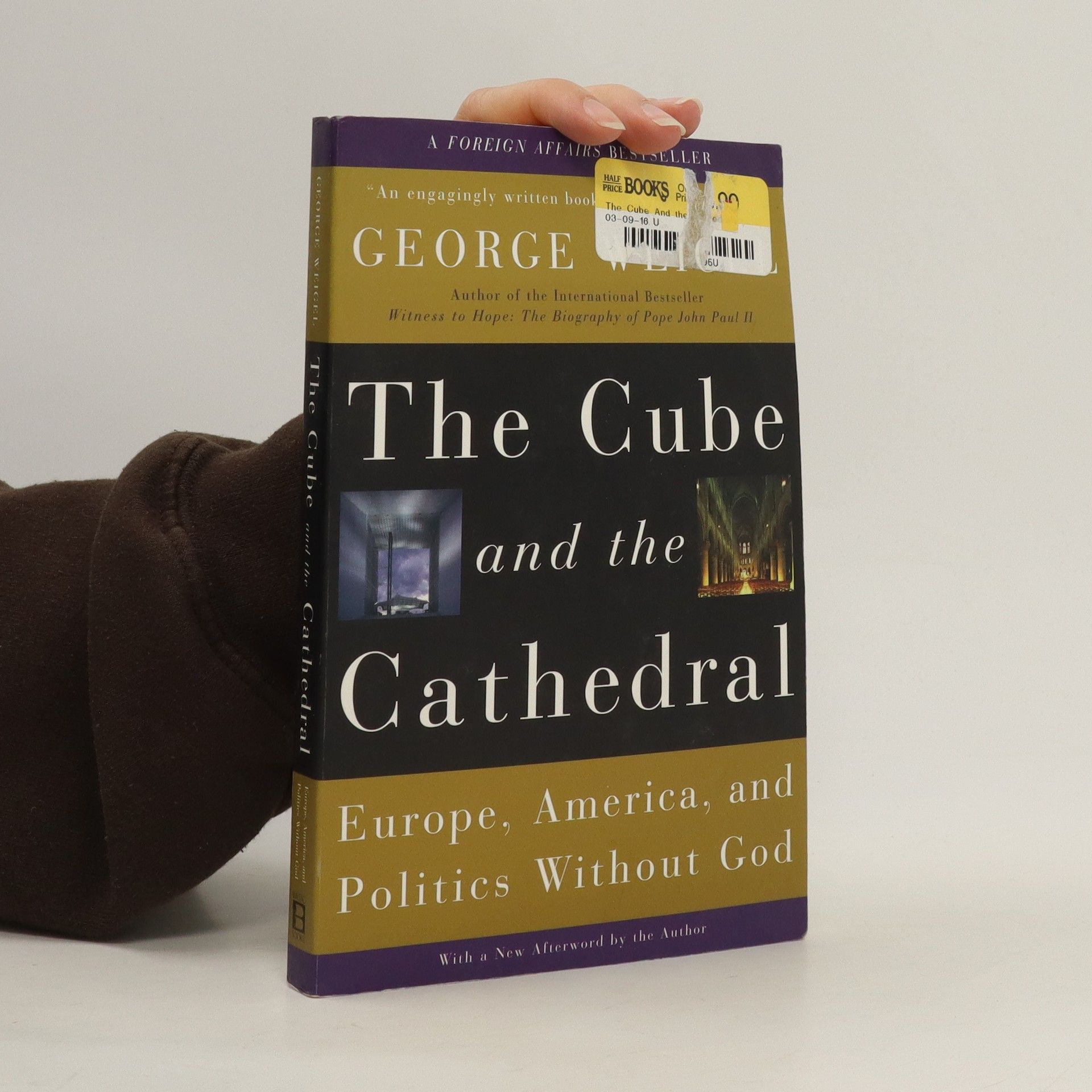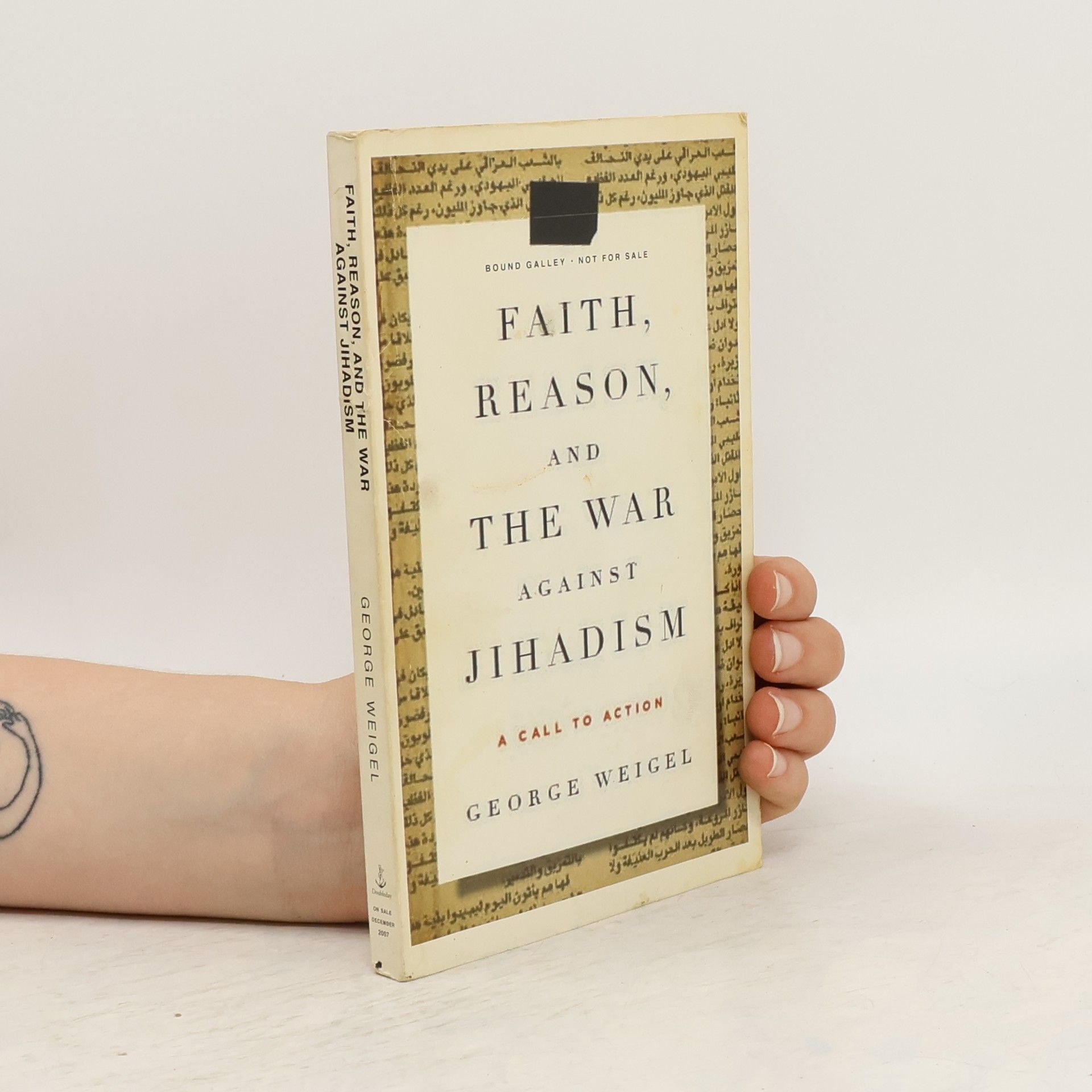Svědek naděje
Životopis papeže Jana Pavla II
Životopis papeže Jana Pavla II. Unikátní portrét papeže Jana Pavla II. – člověka, myslitele a vůdce, jehož víra v Boha definovala pravidla nového přístupu ke světové politice a změnila chod dějin. Autor čtenáře seznamuje s papežovou nezanedbatelnou úlohou v několika nedávných událostech, například při pádu komunismu. Obsahuje také dříve nevydanou papežovu korespondenci s Leonidem Brežněvem, Michailem Gorbačovem a Tengem Siao-pchingem a čerpá přitom z dosud nezveřejněných autobiografických vzpomínek papeže. Kniha Svědek naděje se věnuje rovněž papežově úsilí postavit mosty do jiných křesťanských společenství a také do islámu, judaismu a dalších významných světových náboženství, podává analýzu návrhů Jana Pavla na posílení demokratických společností v jednadvacátém století a obsahuje stručné shrnutí nejvýznamnějších nauk, jež papež během svého pontifikátu publikoval. Dramatický příběh papeže Jana Pavla II. je dokreslen překlady jeho poezie, detailními vzpomínkami těch, kteří papeže poznali jako mladého muže, kněze a přítele, a obsažnými rozhovory s katolickými vůdci z celého světa.



